It's Inauguration Day!
Congratulations, Matt vandenBerg, OWU's 17th President!
View details for Inauguration Day and stream the event live.
Congratulations, Matt vandenBerg, OWU's 17th President!
View details for Inauguration Day and stream the event live.

November 17, 2021 | By Cole Hatcher
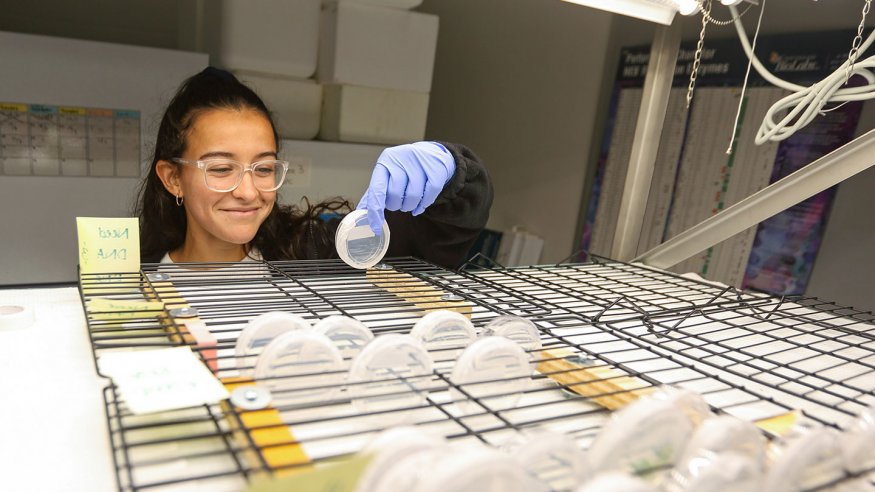
Updated November 17, 2021
Professor Chris Wolverton and four students working with him this summer and/or fall recently presented information about their NASA-funded research at the annual conference of the American Society for Gravitational and Space Research held Nov. 3-6 in Baltimore, Maryland.
The students – Leanna Bauer ’23, Regina Campbell ’22, Abbie Courtright ’21, and Sai Siddharth Suresh Kannan ’24 – presented the poster “Searching for Components of the Gravity Sensing System in Arabidopsis Plants” on behalf of Wolverton and all of his recent student-researchers.
At the conference, Wolverton also presented a “Transcriptomic Overview of Plant Responses Across a Continuum of Gravity Treatments,” and he served on a “Meet the PI” panel, geared toward high school students. He gave a similar presentation Nov. 12 at the virtual NASA GeneLab Analysis Working Group Public Workshop.
Original Story Published on August 7, 2021
Plants aren’t the only things that grow in the laboratory of Ohio Wesleyan University professor Chris Wolverton, Ph.D. Minds develop there, too.
A dozen OWU students participating in the University’s Summer Science Research Program spent 10 weeks this summer assisting Wolverton, professor of Biological Sciences, with his NASA-funded research into how plants respond to gravity.
Their project, “Searching for Components of the Gravity Sensing Systems in Plants,” involved working “to confirm the genotype of 25 mutants we were testing for gravity response,” Wolverton said, “and they all worked hard to collect growth response data and analyze it.”
The Ohio Wesleyan student-scientists and their academic interests are:
After wrapping up their research, the OWU students submitted an abstract explaining their work to the American Society for Gravitational and Space Research. They hope to be invited to make a poster presentation at the organization’s annual meeting in November in Baltimore.
In explanation of their project, the students collectively wrote:
Plant stems tend to grow upwards toward the sun while their roots grow down into the ground, but how exactly do they know this is the way to grow? Plants have cells in the tips of their roots that contain starch-filled organelles called amyloplasts, which will settle at the bottom of the cell, causing the roots to grow downward. Research has shown that the roots of a plant will still grow downward even in the absence of these amyloplasts.
Our lab is investigating to find the genes that cause plants to respond to gravity even when they are mutated to not contain starch. This is done by growing plants with over 30 different single mutations in the genes that are expressed in gravity response and recording the growth and angles of the root tips in every plant at different rotations.
Our goal is to narrow down the list of genes that are active in plant gravity response, even when plants have no starch, to better understand the processes by which plants grow successfully.
Wolverton already has been invited to present at the upcoming space research conference, where he will discuss “new results from our spaceflight study looking at the transcriptomic response of plants across a range of gravity treatments.”
A member of the OWU faculty since 2002, Wolverton has earned two NASA grants, to date, to support his research, which has included sending plant seedlings to the International Space Station in 2017. Ultimately, he hopes not only to determine the best protocols for growing plants in space, but also for improving plant viability, health, and crop yield on earth.
Wolverton is continuing his work this semester with several more NASA-funded students assisting him. He also is working with Makaila Weir ’21, a Botany and Sociology/Anthropology double-major and Environmental Science minor. She is serving as a graduate research assistant in his lab before heading to Cornell University to complete a yearlong, fully funded research position.
“This fall we need to test the mutants for their transcript abundance using quantitative Real-time PCR,” Wolverton said. “This technique, which is the same one used in the ‘PCR test’ for SARS-CoV2 virus, is an extremely sensitive way to test for the presence of a specific sequence of nucleic acid in a sample.”
Learn more about Wolverton’s research and teaching through his blog, Gravitropic, and more about the Ohio Wesleyan Department of Biological Sciences at owu.edu/BiologicalSciences.
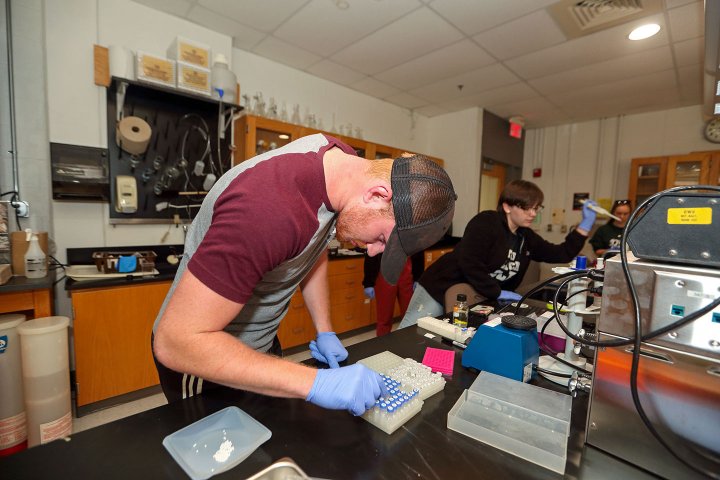
These OWU students worked over the summer on NASA-funded research with professor Chris Wolverton.

“I am highly interested in pursuing further research in the biological sciences and, as my first technical experience in a lab setting, I’m quite fortunate to get a good head start. … I was able to learn about continuous practice to achieve results, self-dependency, and utilize essential biological concepts in a practical way.”

“I plan to attend graduate school for a Ph.D. in Biochemistry. … I am very interested in going into chemistry research within biological systems, so this experience is giving me my first glimpses of it, and it is really great!”
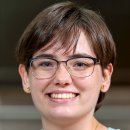
“I think that the most important thing that Dr. Wolverton has taught me so far is that sometimes science isn't as cut and dry as you want it to be, and even if you have a plan on how you want your experiment to go it could change any minute, and that is OK.”
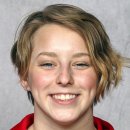
“I want to do research on my own some day and this is giving me experience with how that works. … I’ve learned how to enjoy what I’m doing with the people I’m doing it with. We’ve had many laughs, Timbits (donut holes) every Friday, and spend time getting to know each other far past the research we’re doing.”

“A lot of the research skills, like extracting DNA cells from tissues, help prepare me for when I’m a veterinarian analyzing samples. … I chose to attend Ohio Wesleyan for the hands-on learning experiences and small classroom size. It would be much harder to build relationships with professors at a large, public university.”

“Dr. Wolverton stresses the importance of learning while doing. Sometimes it is important to learn things prior to beginning a project, but most of the time the real knowledge is gained in the midst of actually performing the research.”

“The research ties back to my classroom learning because of the similar lab techniques and processes used. The research also relates to topics I learned about in cell biology. … Dr. Wolverton has taught me to be more hands-on in lab experiences in order to better understand the process.”

“OWU was the only school in the nation that had (NCAA) Division III football as well as a Microbiology major. … I wish to continue my education and, hopefully, get my doctorate.”
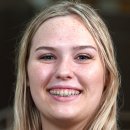
“Anyone working in the STEM field knows the value behind being good in the lab. All the time I spend in the lab makes me a stronger candidate for my future endeavors regardless of the setting. … Graduation is still a little bit away, but I plan on applying for veterinary school in both Ohio and Oregon.”
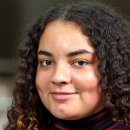
“I would like to attend grad school and gain research experience in biological sciences. I would like to involve myself in local organizations and find ways to advocate for environmental and indigenous rights. … I hope to make impacts in various locations around the globe where plants, animals, and people are in need of help.”

“The skills involved in DNA and RNA isolation and characterization, observation and phenotyping are extremely applicable to many different areas of both field and laboratory work. … I plan to attend graduate school for a Ph.D. in Behavioral Endocrinology after a gap year for more lab and field experience.”